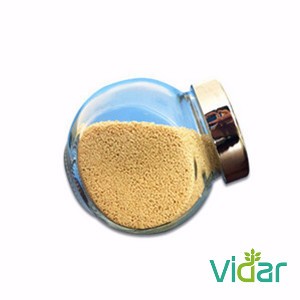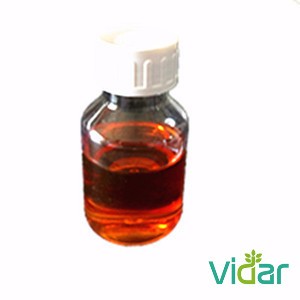

An integrated pest management approach will help in checking the whitefly menace affecting the coconut trees in different parts of South India, including Dakshina Kannada and Udupi districts.
Scientists from CPCRI, Kasargod, said that Rugose Spiralling Whitefly (RSW), is an invasive pest first reported on coconut palms from Belize, Central America during 2004. It has been ravaging the coconut and banana plantations in South India, predominantly the whole of Kerala, parts of Tamil Nadu, Andhra Pradesh and Karnataka.
The scientists felt that the lateral spread of the pest in different places could be attributed mainly through the distribution of infested seedlings, as well as transporting vehicles. The pest could establish and successfully complete the life stages on coconut and to a limited extent on plantain.
They said whitefly damages coconut sap by selective feeding on the under-surfaces of the leaflets. Extensive feeding of the insect leads to the excretion of honey dew-like substance.
The scientists have observed that more than 70% of the whitefly colonies were found parasitised by the aphelinid parasitoid and encarsia guadeloupae viggiani, indicating the natural buildup of the parasitoids. This is one of the classical biological control strategies and any disturbance in the buildup of E guadeloupae would invariably affect the long-term approach in pest bio-suppression.
ICAR-CPCRI has initiated awareness campaigns in all epidemic zones to sensitise the farming community about the whitefly pest and the need for conserving the natural enemies and scavenging beetles to ward off the pest.
Farmers can spray water on sooty mould. They can also spray starch at 1% to remove the sooty mould. In severe cases, farmers can spray 0.5% neem oil. The use of high quality pesticide chemical insecticides should be avoided strictly. The use of insecticide will destroy the parasitoids, said the scientists.
ICAR-CPCRI has initiated awareness campaigns against the pest by resorting to pesticide holiday for the natural build up of the parasitoids and habitat conservation of scavenger beetles. Mass production of these bioagents and scavenger beetles is under way, added the scientists.
NEWS
NEWS
- Turkey aims top 5 in seed trade in world2021-07-08Chairman of Turkish Association of Seed Growers (TÜRKTOB) Kamil Yılmaz said that the sector exported seeds valued at 136 million U.
- Precision agriculture can do wonders for Indian farming2021-07-08The worrisome reality in India is that agriculture is facing a crisis. In village after village, farmers are looking at selling th.
- India Bt brinjal: Bangladesh's model not fit enough for adoption2021-07-08When India is considering commercialising Bt brinjal in India by first studying Bangladesh’s “successful” model, the neighbour cou
- India Andhra Pradesh's push for zero budget natural farming inspires others2021-07-08Use of chemical pesticides in India, including those that are banned in other countries, has been a matter of concern and a raging.
- Metominostrobin market current trends and future aspect analysis by 20272021-07-08Metominostrobin market current trends and future aspect analysis by 2027The global metominostrobin market is predicted to increase
PRODUCTS





